At least 50 killed, 300 injured in Chad as anti-military protests turns violent
At least 50 people were killed and nearly 300 injured in Chad on Thursday after security forces opened fire at anti-government demonstrators in the country's two largest cities as they took to the streets to demand a transition to democratic rule.
Prime Minister Saleh Kebzabo, at a press conference, said the government was compiling casualties from what he described as an armed insurrection.
"What happened today is an armed popular uprising to seize power by force and those responsible for this violence will face justice," he said.
The fatalities were mainly reported in the capital N'Djamena and the cities of Moundou and Koumra, he noted, adding that an overnight curfew would remain in place until the "total restoration of order" in the worst-affected cities.
Earlier, Chad government spokesman Aziz Mahamat Saleh was quoted as saying by AFP that “about 10” security forces were among the dead.
“A banned demonstration became an insurrection,” he said.
Saleh accused protesters of attacking “public buildings”, including the offices of the governor, the headquarters of the prime minister’s party, and that of the speaker of parliament.
Human rights groups, however, claimed that unarmed civilians were massacred as security forces cracked down on anti-government demonstrations in the capital and other major cities.
The United Nations also condemned the lethal use of force against the protesters and demanded a probe.
“We deplore lethal use of force against protesters in Chad,” the UN rights office said in a tweet, urging authorities in the military-run Central African nation to “ensure safety and protection of human rights, including freedom of expression and peaceful assembly”.
The former French colony sitting at the crossroads of North and Central Africa has been in crisis since the death of President Idriss Deby in April 2021.
His son, Mahamat Idriss Deby, seized power following his father's death. Despite promising an 18-month transition to elections, he dropped a bombshell earlier this month saying the elections were delayed for two years.
Deby was sworn in on October 10 and later appointed a so-called "government of national union" headed by Prime Minister Saleh Kebzabo.
On Thursday, opposition and civil society groups in the country called for the protests, marking the end of an initially agreed 18-month transition period. The government, however, banned the protests, citing security reasons.
"What happened today is an armed popular uprising to seize power by force and those responsible for this violence will face justice," Kebzabo said.
"The demonstrators had firearms and they are considered rebels. The security forces responded only in self-defense."
Abass Mahamat, a protester, said he had chosen to voice his anger at “this facade of a dialogue which entrenches the system”.
The International Federation for Human Rights and its partner organizations in the country said the protests were violently repressed by security forces.
VIDEO | Palestinian Authority's blockade of Jenin refugee camp reaches third week
Dec. 25: ‘Axis of Resistance’ operations against Israeli occupation
Lavrov warns West against challenging Russia's resolve to defend interests
VIDEO | Press TV's news headlines
Yemen parl. condemns ‘shameful’ silence of Arab states on Israeli crimes in Gaza, Syria
VIDEO | Iran’s Christians mark Christmas with hopes for Gaza resolution
VIDEO | Syrians take to streets nationwide against shrine desecration; HTS militants fire on protesters
IRGC: Yemeni attacks change Israel’s calculations amid regime’s joy over Syria





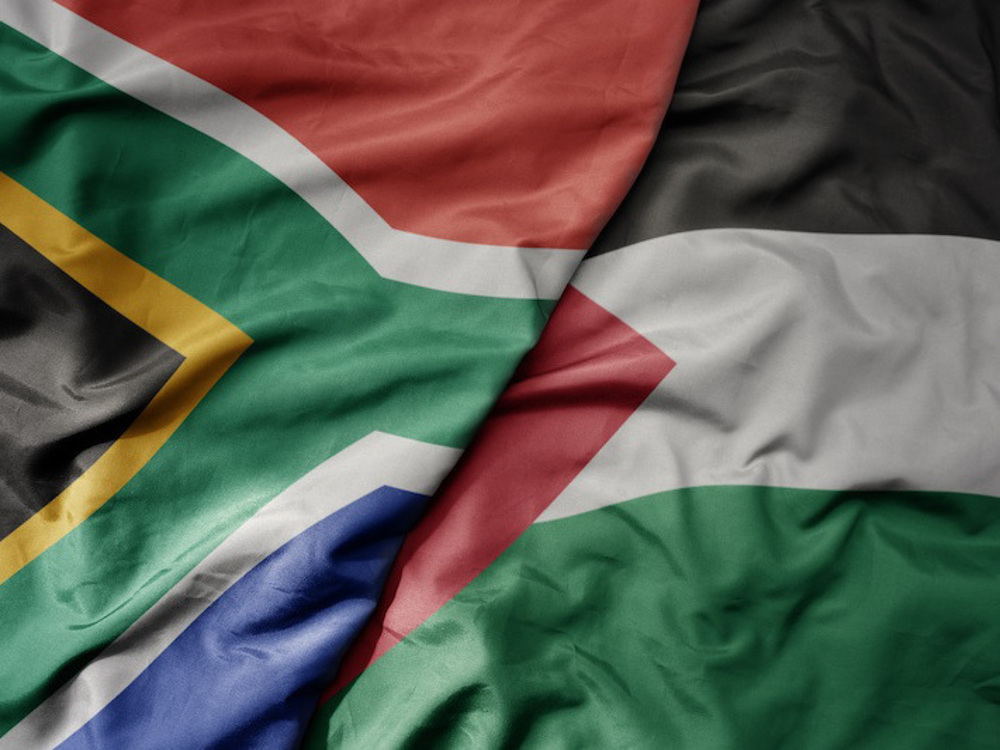



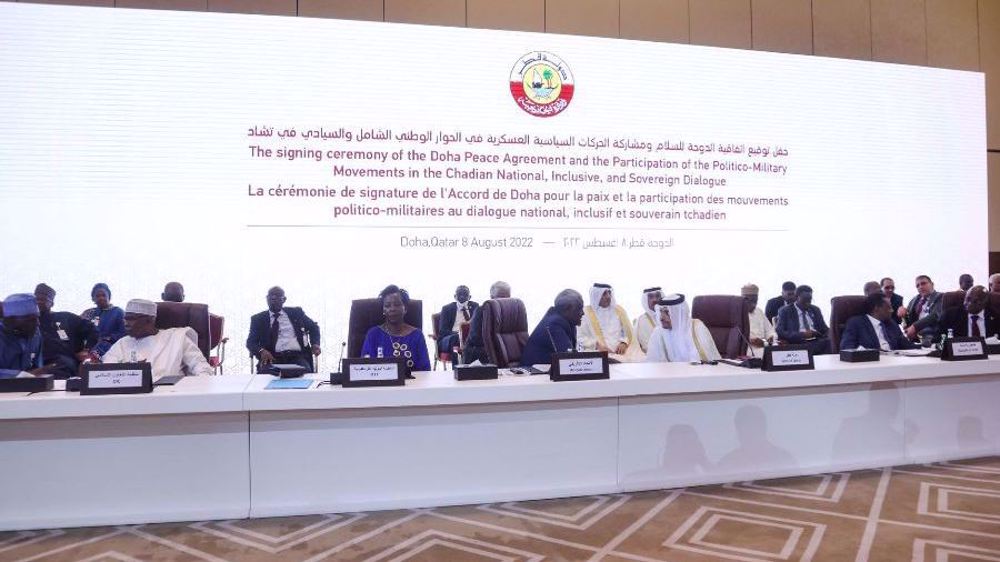
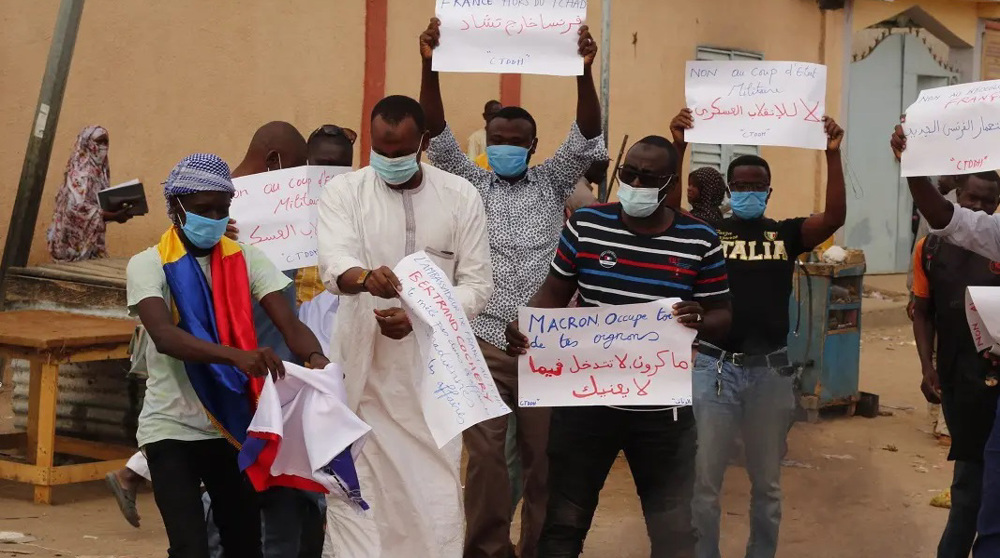
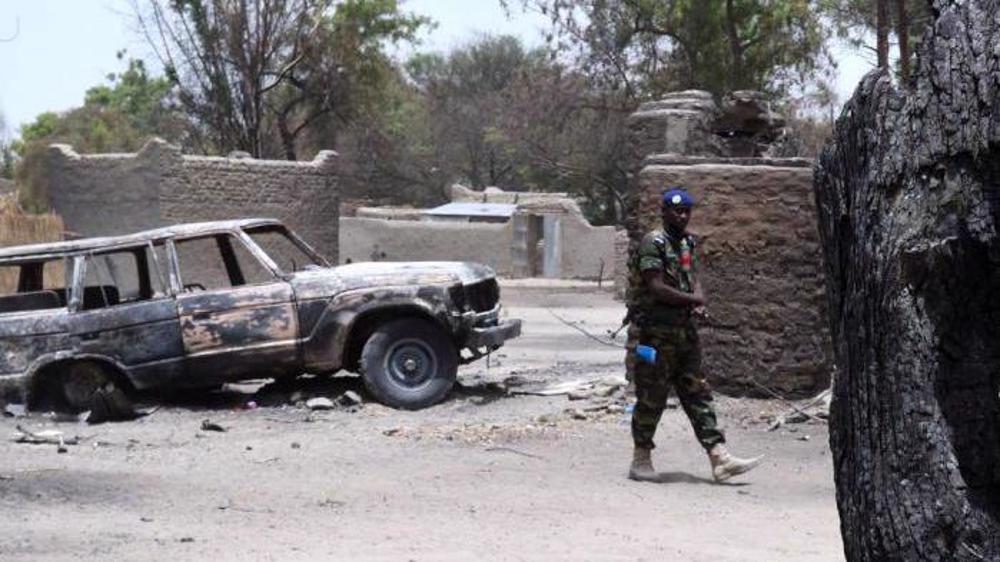
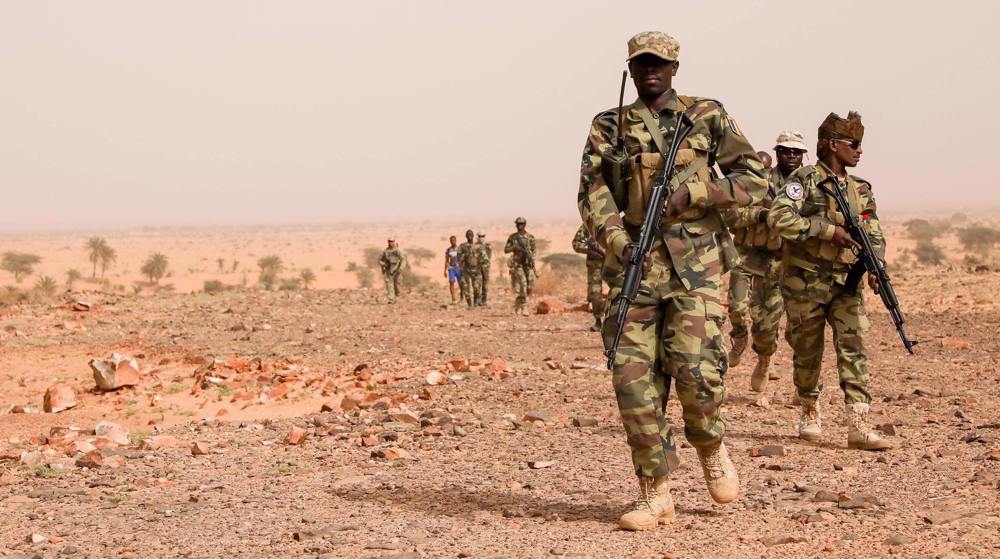
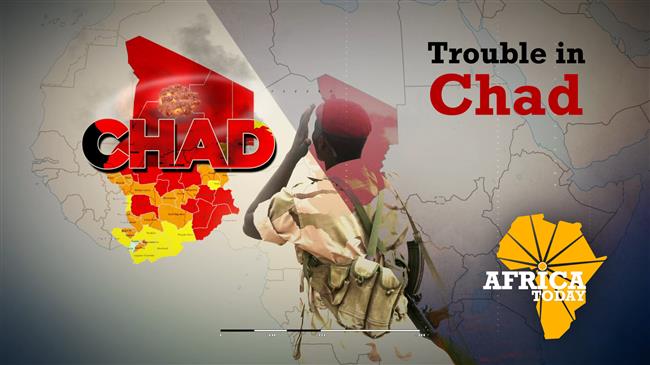
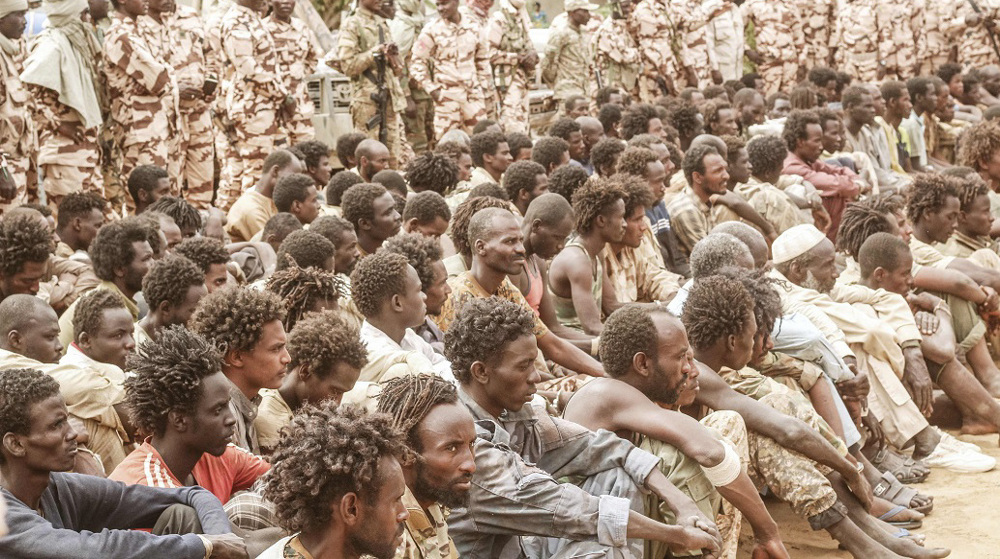
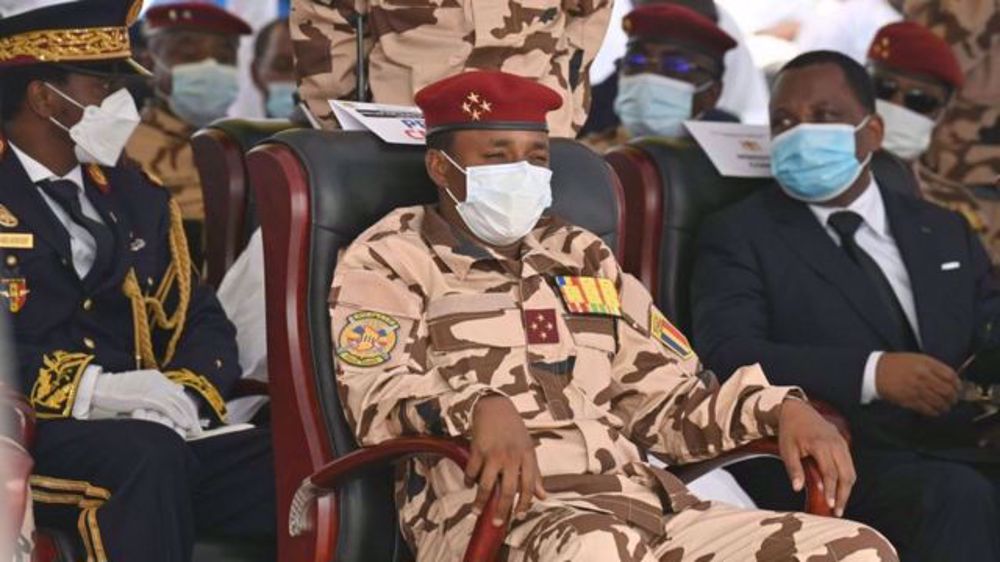

 This makes it easy to access the Press TV website
This makes it easy to access the Press TV website